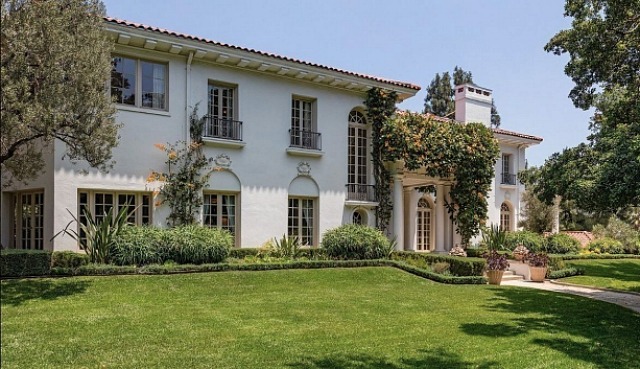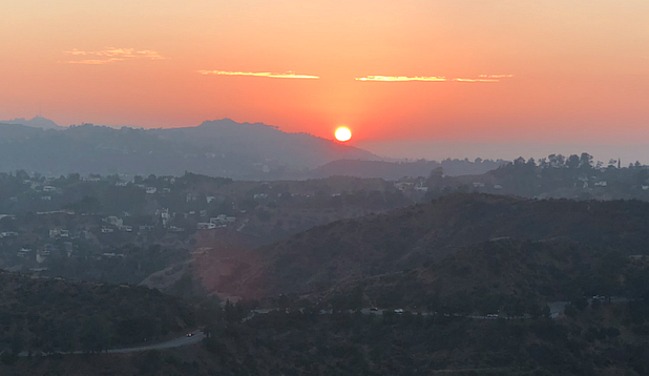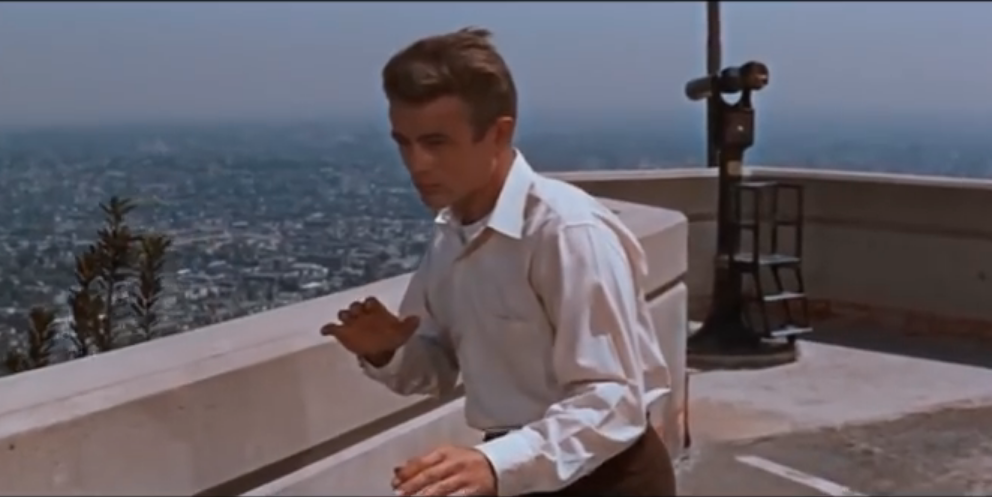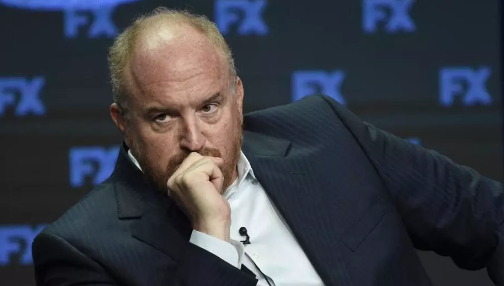Let’s get something straight right off the bat. Two of the best films of the 2018 summer season were not fucking Avengers: Infinity War or Ant Man and the Wasp…Jesus. The latter was reasonably decent and amusing as far as it went, but it was no Ant Man, and the former was agony to sit through. Plus that ending in which Thanos manages to turn almost everyone into sand and blow them into the wind machine…bullshit. The Marvel franchise has never respected death, and it never will.
HE’s ten best films of the summer (if you define “summer” as May 1st through August 31st): Paul Schrader‘s First Reformed, Bjorn Runge‘s The Wife, Ari Aster‘s Hereditary, Stefano Sollima‘s Sicario — Day of the Soldado, Chris McQuarrie and Tom Cruise‘s Mission : Impossible — Fallout, Eugene Jarecki‘s The King, Jeremiah Zagar‘s We The Animals, Bo Burnham‘s Eighth Grade, Morgan Neville‘s Won’t You Be My Neighbor, and Matt Tyrnauer‘s Scotty and the Secret History of Hollywood.
Spike Lee‘s BlackKklansman is a decent…okay, above-average police caper hoodwink flick with a great, balls-to-the-wall, Trump-blasting finale. The general response was thumbs up enough to suggest that Lee might snag a Best Director nomination, and after 35 years of banging out distinctive, high-style movies and many with something to say, he deserves it.
Boots Riley‘s Sorry To Bother You “is a piece of wildly-out-there satire that warrants everyone’s attention and respect. I laughed from time to time and admired the Brittania Hospital-meets-Idiocracy surrealism, but I just didn’t care for the Oakland prison colony vibe (especially after sitting through the tedious, Oakland-based Blindspotting). As much as I got off on Riley’s edge and flamboyance and inventive sidestepping of the usual-usual, I didn’t want to ‘live’ in this film. And that’s a key thing” — from my 8.2.18 review.
Carlos Lopez Estrada and Daveed Diggs‘ Blindspotting isn’t good enough. It over-emphasizes, underlines, over-explains, assumes the audience needs help. Rafael Casal‘s portrayal of Diggs’ best friend, a violent, hair-trigger, gun-wielding asshole who’s always threatening to start shit about the slightest personal offense or otherwise do something that might attract the attention of the bulls, is intolerable. The 32 year-old playwright relies on a broad caricature of Oakland street blackitude — machismo shit talk, constant strut, a mouthful of gold fillings, flashing pistols, drop-of-a-hat hostility, etc.
It’s my view that while the hugely popular Crazy Rich Asians is occasionally diverting (especially during the first 30 minutes or so), it was nonetheless made by and for synthetic money whores. As I said ten days ago, it’s “a satire of the aggressively shallow values of the highly insecure moneyed classes of southeast Asia, but the satire doesn’t cut very deep because the film shares these values and in fact adores them…each and every shot is about showcasing obscenely flush, over-the-top flamboyance (clothes, homes, interior designs), and by the one-hour mark the spirit weakens and the nausea kicks in.”
What did I miss that’s worth mentioning? Even to put down?








